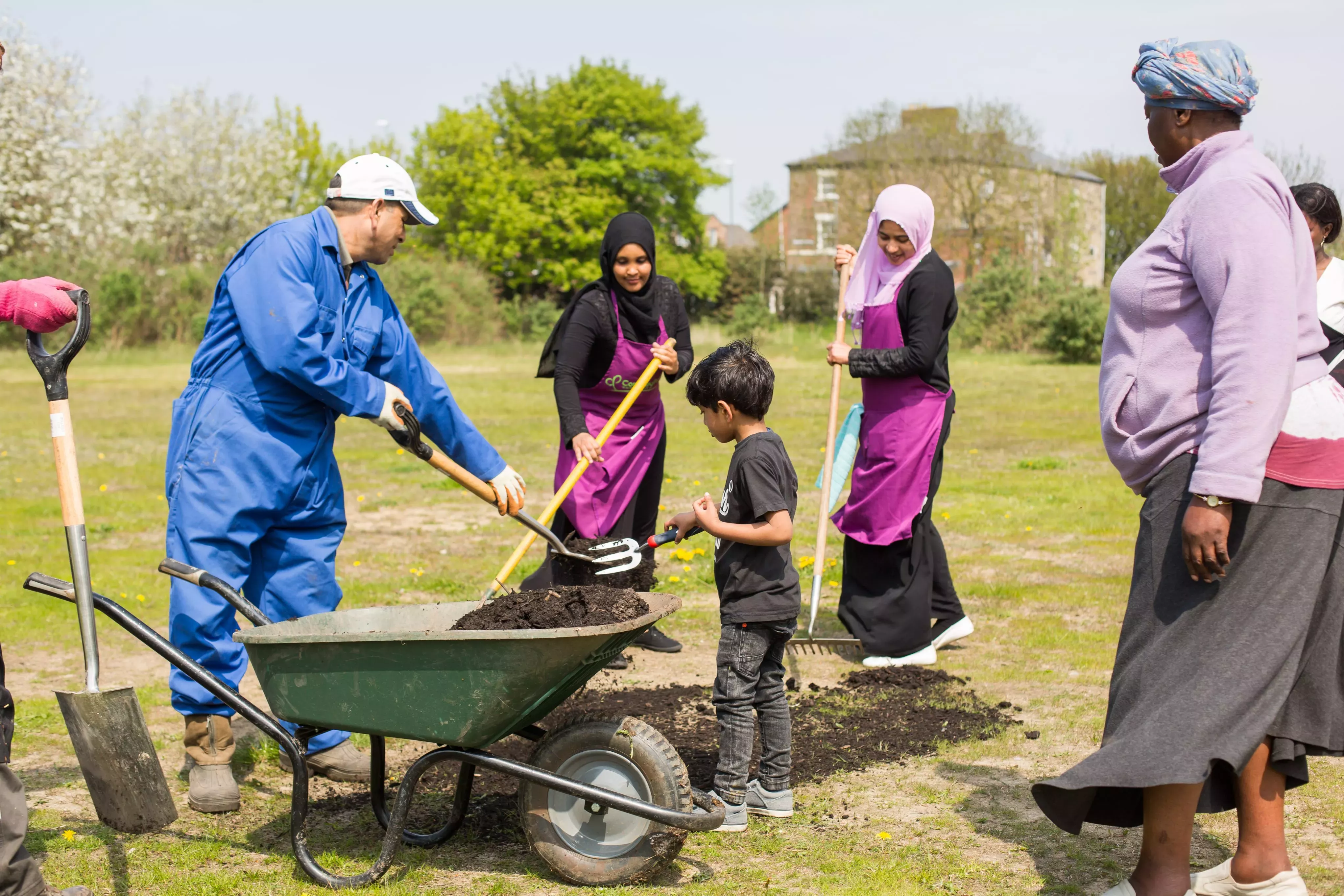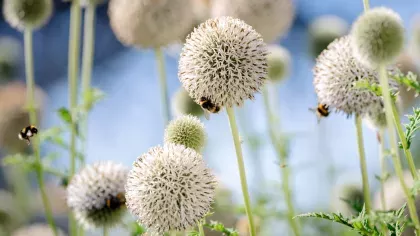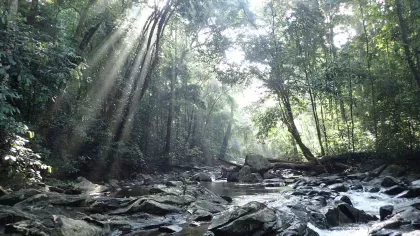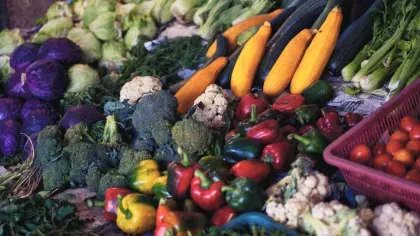How your membership helps
Every Kew member is helping create a world where nature is protected and valued by all.

We are living in an age of extinction, but as long as there are plants and fungi there is hope.
As a charity, we rely on membership fees to continue our critical work promoting the importance of green spaces, inspiring everyone to live more sustainably and in harmony with our natural world, and using our collections and expertise to help solve the planet’s biggest environmental challenges.
Biodiversity and Kew
From fungi to forests, bacteria to bountiful deserts, biodiversity is one of our greatest assets to be protected.
In an age of extinction, we’re finding long-term ways to protect and restore natural habitats so all life on Earth can thrive.

Sustainability and Kew
By 2050, there will be two billion more people on the planet.
At Kew, our leading scientists are harnessing the incredible power of plants and fungi to make sure that’s a future we can all enjoy.
We are passing on our expertise globally, lobbying governments and collaborating with communities to support sustainable livelihoods worldwide.

The gardens
Kew Gardens and Wakehurst, two of the planet’s most beloved outdoor spaces, are home to the most diverse collection of plants in the world.
That beauty and variety helps us all live a little better, physically and mentally, but it’s also critical in the global fight against the effects of climate change.
Our plants are an extraordinary source of knowledge and a key tool for researchers worldwide, helping us understand what species need and how we can ensure their future.

Our work in the UK
For 10 years, Kew’s Grow Wild programme has brought people together in communities across the UK to take positive action for biodiversity.
By providing native wildflowers and fungi for people to grow, the initiative has helped communities launch a range of transformative programmes, from replanting neglected spaces to encouraging nature-based artworks.
Funded by over £13 million from the National Lottery, Grow Wild has engaged 82,000 volunteer groups and one million young people.
It has shared enough seeds for 2.4 million people to cover 1,000 football pitches with wildflowers, and distributed enough fungus-growing kits for over 100,000 people to grow their own mushrooms.
The benefits that people gain from nature have been widely documented, from improved well-being, health and reduced isolation to greener urban spaces and increased appreciation of the environment.

Our global work
Madagascar is a biodiversity hotspot, with 90% of its flora and fauna found nowhere else.
It is also one of the poorest countries in the world, with a growing percentage of the population suffering from poverty and food insecurity.
Kew has been applying its expertise on yams to help ensure that rural Malagasy people, most of whom survive on less than £1.50 per day, can access food sustainably.
Yams are rich in carbohydrates, and provide protein and micronutrients. As a result, they are relied on as a go-to food especially during ‘hungry gaps’ when more favoured staples, primarily rice, have run out.
Seeking to reduce the pressure of wild harvesting and enhance lives and livelihoods, Kew scientists distributed seed tubers of winged yam (Dioscorea alata – originally introduced from Asia), and trained 3,209 people to propagate, cultivate and harvest wild and winged yams and to survey wild populations.
Engaging a total of 15,000 of Madagascar’s poorest people, this project helped to increase the mean protein intake of participants by 20% and raise mean household incomes by 23% from £0.30 to £0.37 per day, primarily through winged yam community cultivation.
It also led to seeds from 25 species of wild yam being conserved. As a result, the initiative was extended to investigate wild and cultivated yam nutrition, marketing and storage.
To discover more about Kew’s 10-year mission, read Our manifesto for change.



